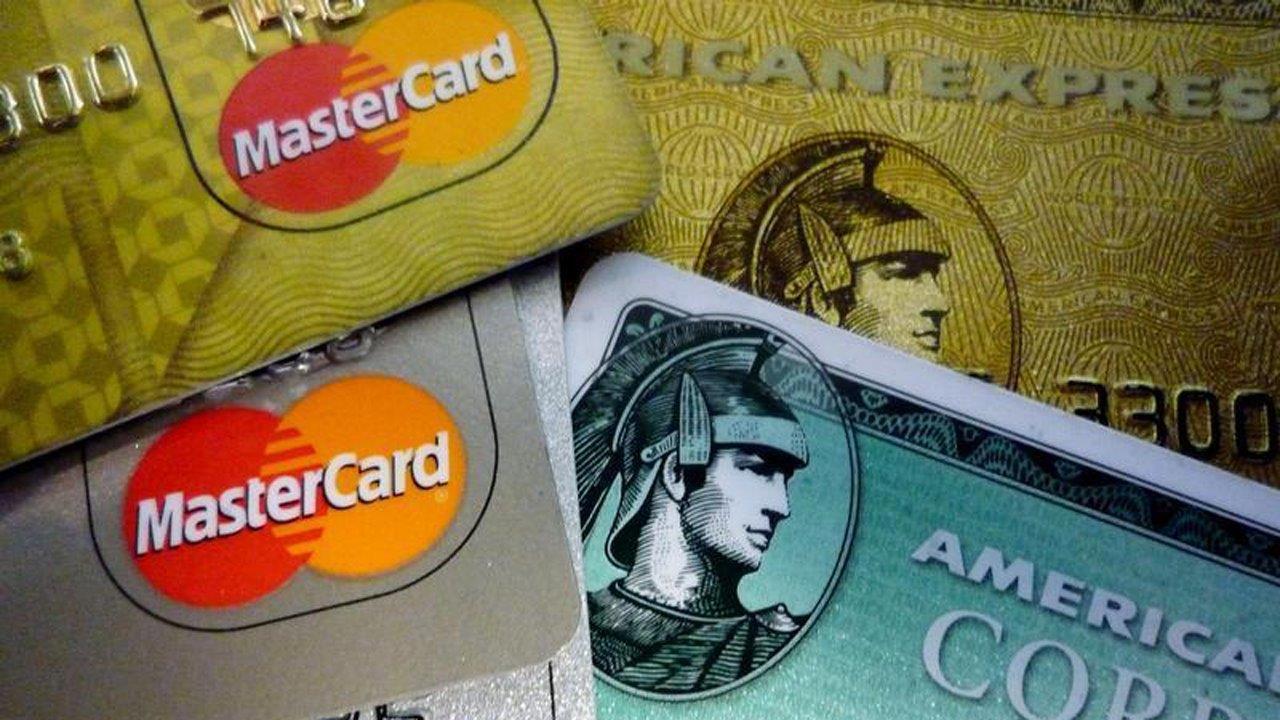Are You Making it Easy for Hackers to Steal Your Financial Info?
The recent Yahoo data breach was a reminder that your personal information is at risk. Bankrate.com analyst Mike Cetera says if something similar has not happened to you yet, it is a virtual certainty that it will happen at some point during your lifetime. “If you have not been breached yet, you’re lucky. And if you have not been breached yet, you’re going to be breached at some point,” Cetera told the FOX Business Network’s Maria Bartiromo.
Still, according to Cetera, many consumers continue to handle their sensitive information in ways that are far from secure.
“There are a lot of things that everyday Americans do, all the time, that are leaving themselves open for the bad guys to get their data.”
There are steps you should take to protect yourself. Cetera explained that one important precaution consumers often fail to take is shredding documents such as past bank statements and bills.
“Among the things that we found are… your bank account, you have your bills, you don’t shred them when you’re done using them. A lot of people just toss them in the garbage. If someone digs through your trash they can get that information.”
Americans also fail to check their information regularly for potential red flags.
“We’re talking about not regularly checking your credit report which is a way to find signs of fraud,” Cetera noted.
Another risky behavior Cetera pointed out is using public WI-FI at locations such as restaurants and stores to conduct banking online, which puts sensitive data at an even greater risk.
“We’re talking about going to the local coffee shop and using the unsecured WI-FI there to conduct banking business. These are all bad habits that people do that leave them exposed to possible theft.”
And if you are breached, using the same password for multiple accounts will definitely make it worse.
“What you can do is make sure that if the bad guys get the password for your Yahoo! Account, that you are not having the same password for every other account you own. And we found that more than a quarter of Americans either have the exact same password on every account or on most accounts. So if your password, even if it is a good one, gets into the hands of the wrong people, they could more easily then go and find your other accounts and use that password to get in.”
Even the type of email you use to send sensitive data can impact security.
“I think that sort of the smart way to go about things is when you are using a public email account, something like Yahoo or Hotmail or even Gmail, it’s probably smart not to put sensitive data on there. If you’re going to be doing that kind of, sending that kind of email, it’s probably best to be doing that over an account that your company owns, or something more protected than these public email accounts.”
But why are more consumers not taking these steps to protect their personal information? Cetera explained, “I think a lot of it has to do with convenience. I mean it really is not terribly convenient to check your credit score even though it’s very easy at this point. But it’s not sort of top-of-mind. People don’t think about doing these things every day. And then when you talk about things like using unsecured WI-FI, you’re in the coffee shop, you’re not even thinking about the fact that this is something that someone else can break into.”
According to Cetera, another reason consumers don’t take more initiative to protect their data is because they feel like their efforts will be futile.
“You hear about the breaches like what happened at Yahoo and you think, ‘I can’t control that,’ but really there are things you can do as a consumer to put yourself in a better position to not be taken advantage of those big breaches.”




















